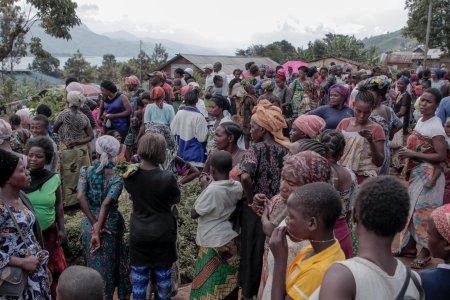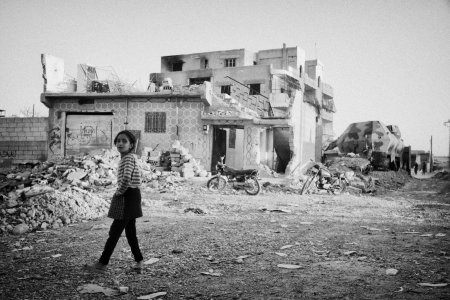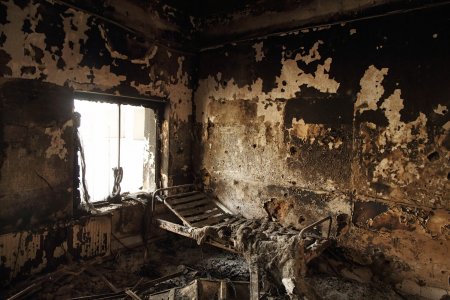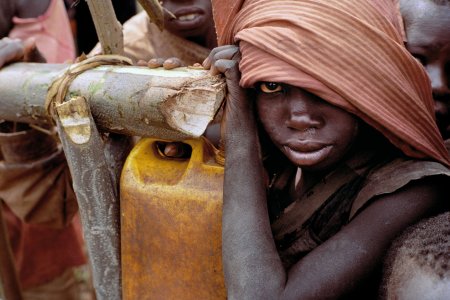 Yves Ndjadi
Book
Yves Ndjadi
Book
09/23/2021
Laëtitia Atlani-Duault
Jean-Hervé Bradol
Marc Le Pape
Over the last few years, Rwanda, the Democratic Republic of Congo (DRC) and Syria have been places where situations of extreme violence took place. As witnesses and investigators of such, the authors of this book shed light on three key-moments that marked these tragic episodes: the investigation, the intervention of emergency relief teams and the implementation of justice procedures leading to judgement.
 Eddy Van Wessel
In the media
Eddy Van Wessel
In the media
03/26/2020
Rony Brauman
On March 8, 2020, the FIFDH Geneva organised a debate between Rony Brauman, Annyssa Bellal - Strategic Adviser on International Humanitarian Law - and Amani Ballour, a paediatrician who spent five years in an underground hospital in Syria and the protagonist of the film The Cave, to answer the question "Does international humanitarian law legitimise wars ?"
 Andrew Quilty
Op-ed
Andrew Quilty
Op-ed
Le Monde
12/24/2019
Jean-Hervé Bradol
Rony Brauman
Concerned about the fate of these two whistleblowers, particularly the founder of Wikileaks, Jean-Hervé Bradol and Rony Brauman, former presidents of Doctors Without Borders, demand that he receive treatment.
 Ian Berry
Analysis
Ian Berry
Analysis
08/01/2000
Rony Brauman
Stephen Smith
Not having seen the genocidal drift of Hutu Power in 1994 coming, the international community grants Paul Kagame's RPF the impunity of victims. Yet such power also lends itself to criminal acts. The authors express their indignance that NGOs and international organisations - invoking the duty of remembrance - join in the endless evocation of the past that masks the political phenomena at the root of the current violence.
 Keith Bernstein
Opinion
Keith Bernstein
Opinion
08/16/2004
Fabrice Weissman
Fabrice Weissman reminds us that while the clarity of the humanitarian emblem is no guarantee of absolute safety, it is nevertheless an essential prerequisite to it.
 Analysis
Analysis
02/22/2007
Fabrice Weissman
Fabrice Weissman looks at the major stages of the Darfur conflict since 2003 from the perspective of a humanitarian medical organisation. He questions the predominant reading of this crisis, and cautions against the illusions of international armed intervention in the region.
 Yves Ndjadi
Book
Yves Ndjadi
Book




